 Agilent launches cell analysis workflow automation for immuno-oncology, virology, and vaccine development
Agilent launches cell analysis workflow automation for immuno-oncology, virology, and vaccine development
Agilent Technologies on Friday announced that it has integrated its xCelligence RTCA HT (real-time cell analysis high-throughput) platform with the firm’s BioTek BioSpa 8 Automated Incubator, enabling a higher level of workflow automation. Read More
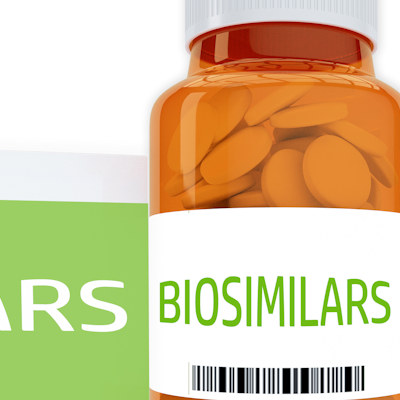 Survey finds physicians are comfortable prescribing Humira biosimilars if treatments are interchangeable
Survey finds physicians are comfortable prescribing Humira biosimilars if treatments are interchangeable
Most specialist physicians would be comfortable prescribing biosimilar versions of adalimumab (Humira), giving a boost to the companies seeking to capitalize on its loss of exclusivity. Read More
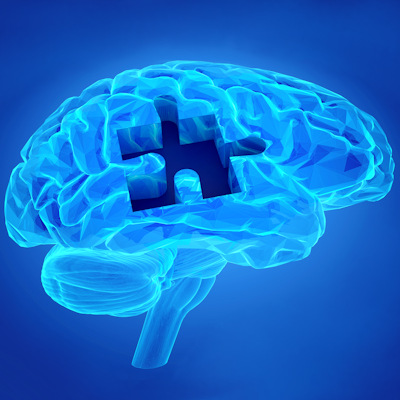 Blood biomarker facilitates vascular dementia diagnosis
Blood biomarker facilitates vascular dementia diagnosis
A National Institutes of Health (NIH)-funded consortium has found that measuring a key blood molecule may identify the degree to which impaired blood flow to a patient’s brain contributes to dementia. Read More
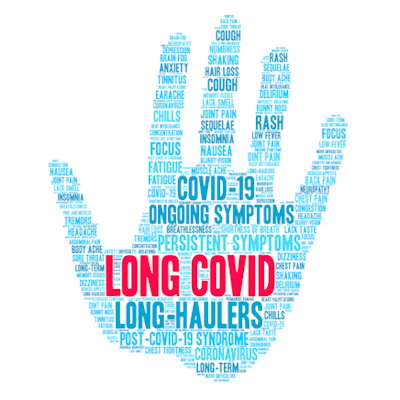 Heart problems more likely among long COVID patients in comprehensive study
Heart problems more likely among long COVID patients in comprehensive study
Individuals with long COVID were found to have more than double the risk of developing new cardiovascular symptoms. The results of a comprehensive study examining cardiovascular complications from long COVID will be presented at the American College of Cardiology Together with the World Congress of Cardiology (ACC.23/WCC) conference. The event, marking the ACC’s 72nd Annual Scientific Session, will take place March 4-6, both online and in New Orleans. Read More
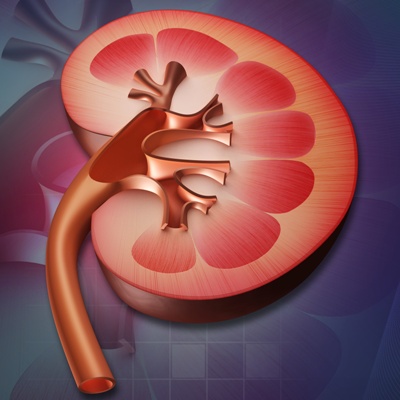 DNA mutations linked to kidney cancer recurrence reveal way to optimize treatment
DNA mutations linked to kidney cancer recurrence reveal way to optimize treatment
Researchers have linked tumor DNA mutations to the likelihood of kidney cancer recurring, suggesting that treatment and follow-up can be optimized based on genetic factors. Read More
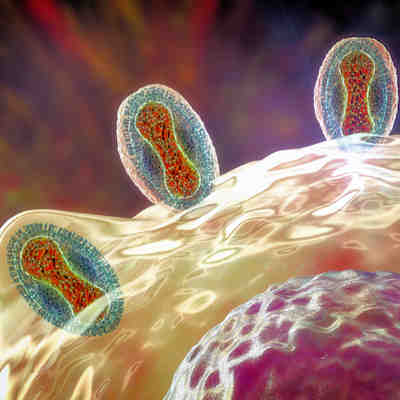 Discovery of severe form of mpox spurs call for update to list of AIDS-defining diseases
Discovery of severe form of mpox spurs call for update to list of AIDS-defining diseases
Researchers have identified a new, severe form of mpox that has a 15% mortality rate in people with advanced HIV disease and immunosuppression. Read More
 Analysis of genome-wide methylomic variations reveal epigenetic changes in Alzheimer’s brains
Analysis of genome-wide methylomic variations reveal epigenetic changes in Alzheimer’s brains
DNA methylation affects gene and protein co-expression networks associated with Alzheimer’s disease and offers a novel way to treat the condition, according to new research. Read More
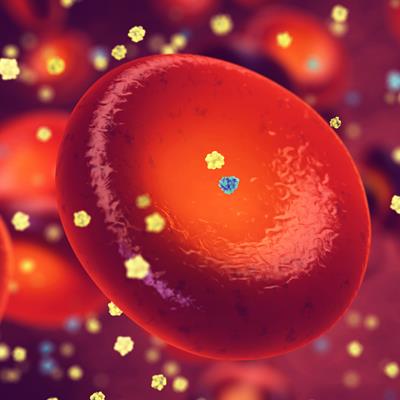 Transomic analysis reveals the network regulated by an enzyme implicated in diabetes
Transomic analysis reveals the network regulated by an enzyme implicated in diabetes
Light-sensitive molecules have enabled researchers to map the genes, enzymes, and metabolites that are implicated in diabetes and metabolic disorders. Read More
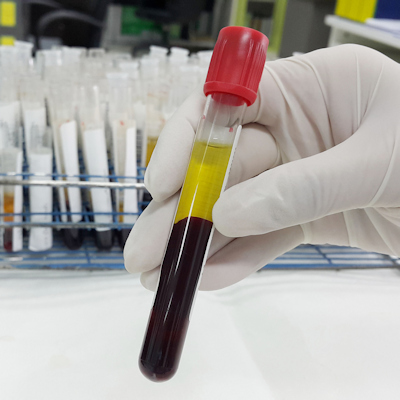 Meta-analysis reveals roadmap for effective use of convalescent plasma in pandemics
Meta-analysis reveals roadmap for effective use of convalescent plasma in pandemics
A meta-analysis has linked the administration of convalescent plasma to a reduced rate of hospitalization for COVID-19, suggesting that the readily accessible treatment could play an important role in a future viral pandemic. Read More
 Toxic protein linked to both muscular dystrophy and arhinia
Toxic protein linked to both muscular dystrophy and arhinia
National Institutes of Health (NIH) researchers and collaborators have found that DUX4, a toxic protein made by the body, may be responsible for two very different rare genetic disorders. The study, published on Friday in Science Advances, may eventually lead to therapies that can help people with a type of muscular dystrophy, as well as those with a facial malformation called congenital arhinia. Read More
Member Rewards
Earn points for contributing to market research. Redeem your points for merchandise, travel, or even to help your favorite charity.
Research Topics
Interact with an engaged, global community of your peers who come together to discuss their work and opportunities.
Connect
Tweets by @ScienceBoard



